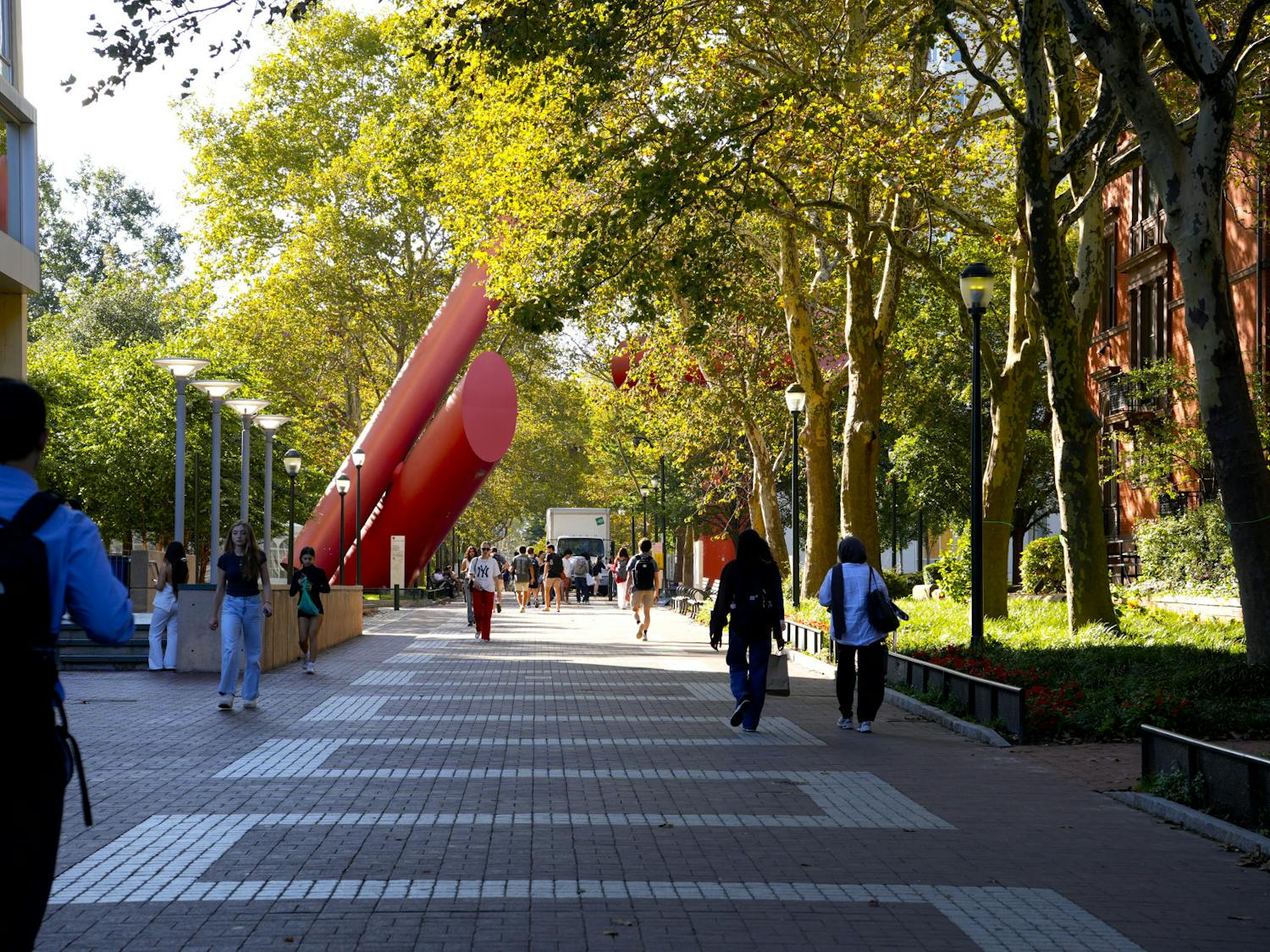After eliminating the $400 enrollment deposit, admissions administrators at Penn described the decision as part of an effort to ease new students' transition into the University.
Ahead of the release of early decisions on Dec. 15, Penn admissions announced that it would eliminate the enrollment deposit beginning with the incoming Class of 2027. Students who were admitted no longer need to put any money towards their tuition until the first semester.
Penn’s decision places it as the seventh out of eight Ivy League institutions to do so in an effort to reduce the economic barriers on enrolling. Previously, about 20% of students got their deposit waived. This change, made by Vice Provost and Dean of Admissions Whitney Soule, aims to ease the students' admission into Penn.
“We are intentional in our efforts to create equitable application processes and experiences," Soule wrote in a statement to The Daily Pennsylvanian. "As part of that work, we chose to remove a financial component as a means of expressing a commitment to enroll."
The decision initiates a transition to eliminate other fees and reduce costs of attendance for Penn. Executive Director Marc Lo of Penn First Plus, the University’s hub for first-generation, low-income students, told the DP that he was excited about the news and what it meant for the community that P1P supports.
“[T]he more you reduce the upfront costs of an opportunity, the more accessible it becomes for everyone,” Lo said.
This year, Penn expanded their waiver efforts for the application fee as well, Soule wrote. College counselors in high schools and community organizations received waiver codes that could be distributed as needed to students who would benefit from it.
Other Ivy League universities, including Brown University, have taken steps towards eliminating their application fees entirely. Penn’s application fee is $75 and, in order to be waived, the University must approve the request. This process must also recognize that there is a significant difference between students who are coming from lower-income communities and students who might identify as being a part of the middle class, Lo said.
RELATED:
Penn announces early decision results for Class of 2027, eliminates enrollment deposit
Penn Carey Law will end participation in U.S. News & World Report rankings
“As a leader in financial aid and grant-based aid, it's all about discovering what's the next place we can go," Lo told the DP. "How do we expand the benefits of things like the highly-aided program in ways that make sense for students who might be more middle-income?"
Penn will continue to learn more about student experiences and how pressures can be alleviated, Soule wrote to the DP. Soule added that some initiatives, like the elimination of the enrollment deposit, can be made in a shorter timeframe, while other efforts require "long-term planning and structuring."
Penn also offers programs that aid students with managing costs in general. Soule noted the Financial Wellness at Penn program, which allows students to learn about best monetary practices that they can use during their time at Penn and beyond.
“Working to create equitable practices will be an ongoing, adaptive process. Student needs change. The pressures within the application process change. Economics change," Soule wrote. "My goal is to always be in the process of searching for what would be better for students and finding ways to make that happen."









